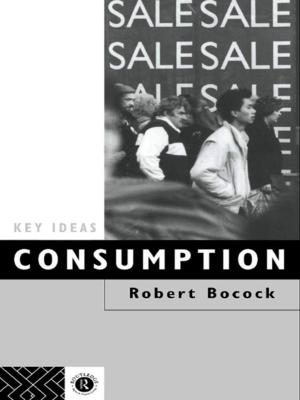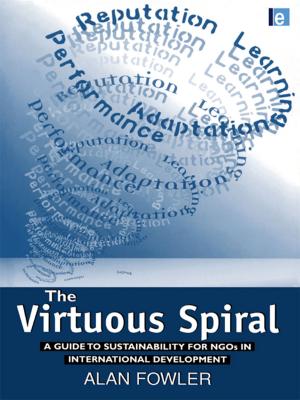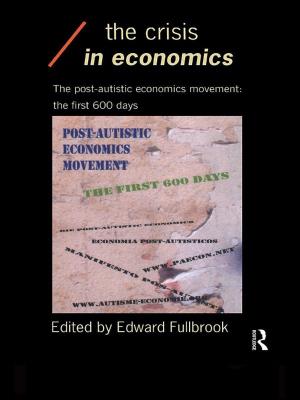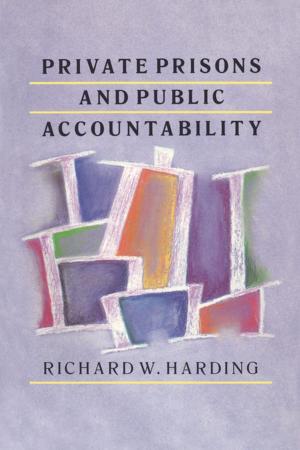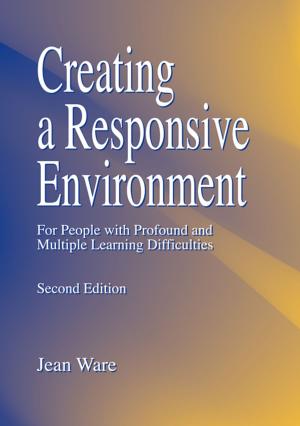Pragmatic Sustainability
Dispositions for Critical Adaptation
Nonfiction, Art & Architecture, Architecture, Planning| Author: | ISBN: | 9781317301325 | |
| Publisher: | Taylor and Francis | Publication: | July 4, 2016 |
| Imprint: | Routledge | Language: | English |
| Author: | |
| ISBN: | 9781317301325 |
| Publisher: | Taylor and Francis |
| Publication: | July 4, 2016 |
| Imprint: | Routledge |
| Language: | English |
This second edition of Pragmatic Sustainability proposes a pragmatic, discursive and pluralistic approach to thinking about sustainability.. Rather than suggesting a single solution to the problem of how to live sustainably, this collection discusses broader approaches to social and environmental change.
Eight continuing authors and seven new ones adjust their dispositions toward rapidly changing and still unsustainable conditions, forging agreements and disagreements on five overlapping themes: the Grounds for Sustainability; the critique of Technological Culture; the need to conceive of Sustainability in Place; in Cities; finally asking how should we reimagine the fraught relationship between Civil Society, Industry and Regulation? Editor Steven A. Moore asks how a set of ideas now more than a century old remains relevant. A partial answer can be found in reconstructing the very modern ideas confronted by those who came to call themselves Pragmatists at the beginning of the twentieth century—evolution, ecology and design. Moore argues that we have yet to develop dispositions in theory and practice that critically integrate these ideas into sustainable development.
In sum, this new edition provides a fresh and hopeful look at the wicked problems deliberated by almost anyone engaged in adapting to the always changing conditions of the built world.
This second edition of Pragmatic Sustainability proposes a pragmatic, discursive and pluralistic approach to thinking about sustainability.. Rather than suggesting a single solution to the problem of how to live sustainably, this collection discusses broader approaches to social and environmental change.
Eight continuing authors and seven new ones adjust their dispositions toward rapidly changing and still unsustainable conditions, forging agreements and disagreements on five overlapping themes: the Grounds for Sustainability; the critique of Technological Culture; the need to conceive of Sustainability in Place; in Cities; finally asking how should we reimagine the fraught relationship between Civil Society, Industry and Regulation? Editor Steven A. Moore asks how a set of ideas now more than a century old remains relevant. A partial answer can be found in reconstructing the very modern ideas confronted by those who came to call themselves Pragmatists at the beginning of the twentieth century—evolution, ecology and design. Moore argues that we have yet to develop dispositions in theory and practice that critically integrate these ideas into sustainable development.
In sum, this new edition provides a fresh and hopeful look at the wicked problems deliberated by almost anyone engaged in adapting to the always changing conditions of the built world.

